Approximately three million Californians are affected by the state’s minimum wage, which recently rose to $20 per hour.
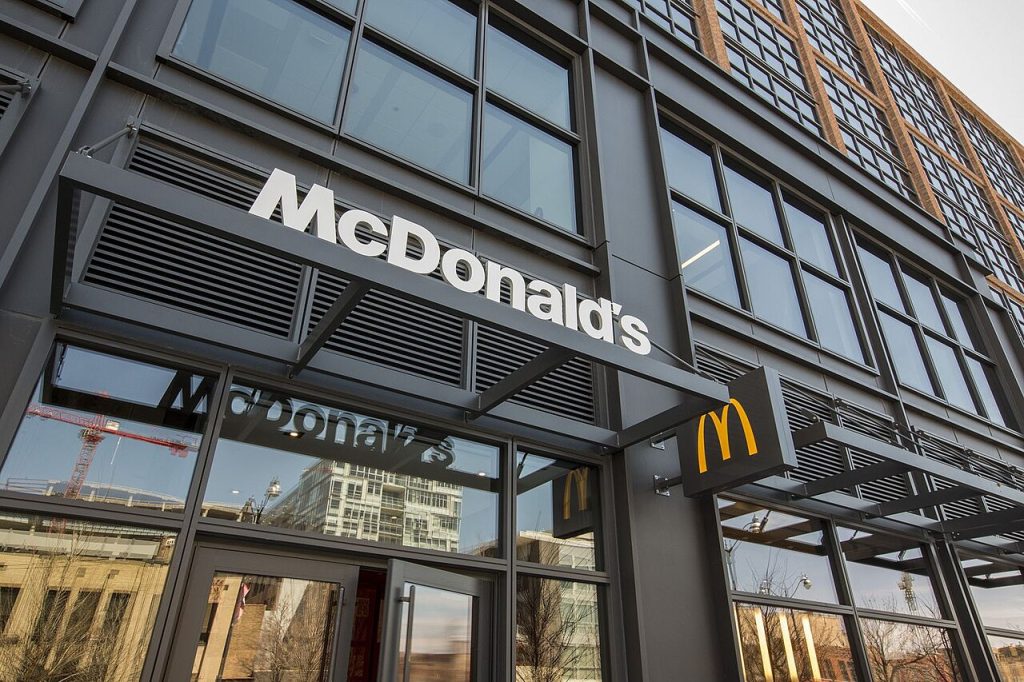
Fast-food establishments, defined by the requirement for customers to order and pay for their food before receiving it, employ around 500,000 workers earning minimum wage. As of April 1, under AB 1228, the minimum wage for fast-food employees increased by 25% to $20 per hour. This legislation also mandates a minimum annual salary of $83,200, applicable solely to fast-food employees working for employers with 60 or more locations nationwide.
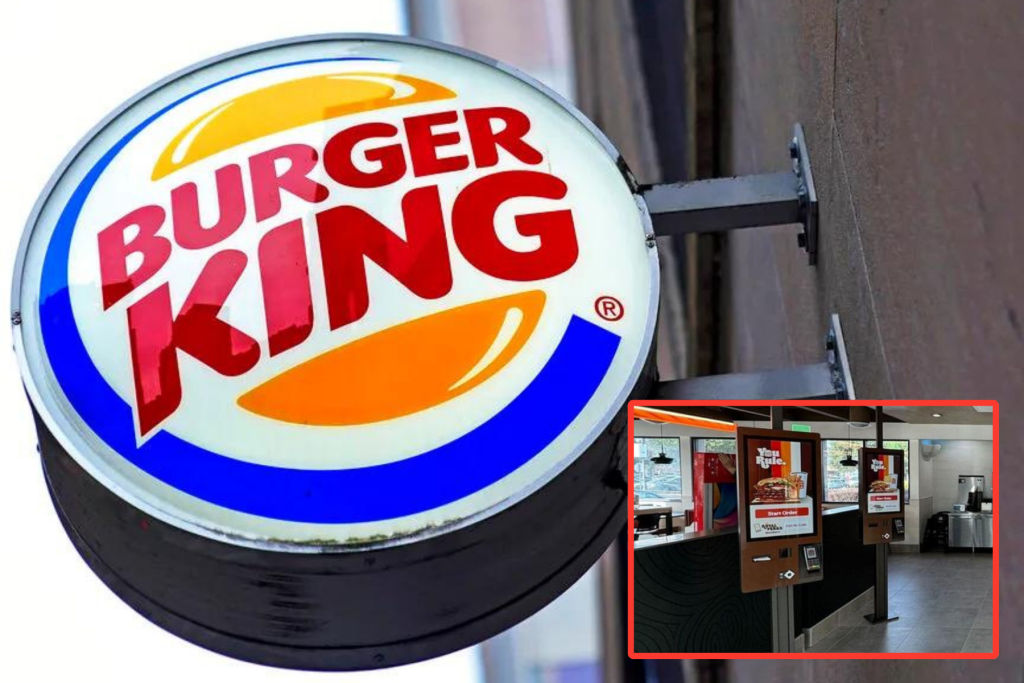
Critics argue that AB 1228 places an unjust financial burden on corporate fast-food chains, effectively forcing them to pay significantly higher wages compared to similar businesses operating outside California. They contend that this disparate treatment may run afoul of the Equal Protection Clause of the 14th Amendment to the U.S. Constitution, which prohibits states from enacting laws that discriminate against specific groups or individuals.
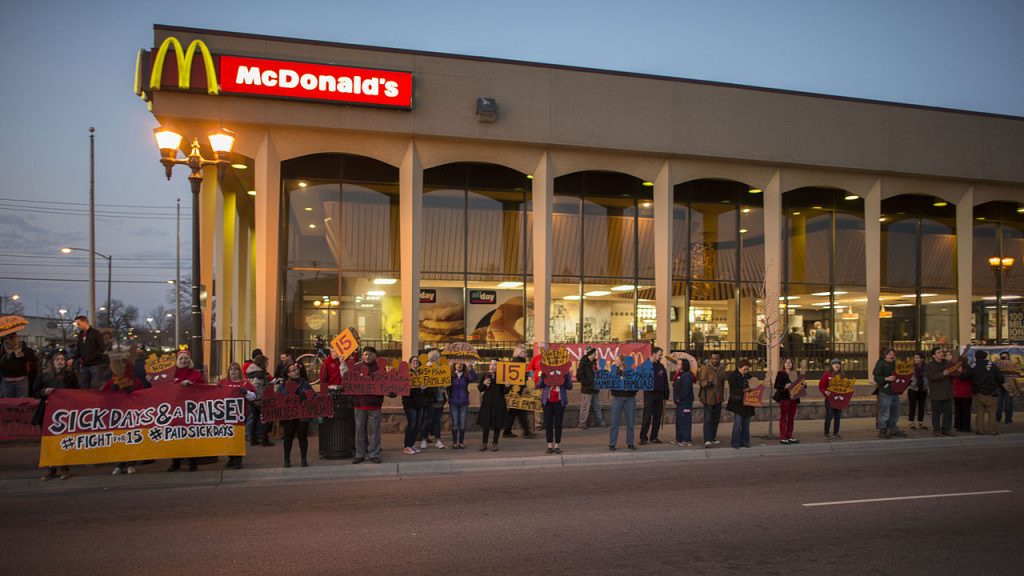
Opponents of the minimum wage hike assert that minimum wage jobs typically require minimal labor effort and do not necessarily demand advanced education or skills. They maintain that minimum wage was never intended to serve as a “living wage,” emphasizing individual responsibility for education and career choices to enhance earning potential.
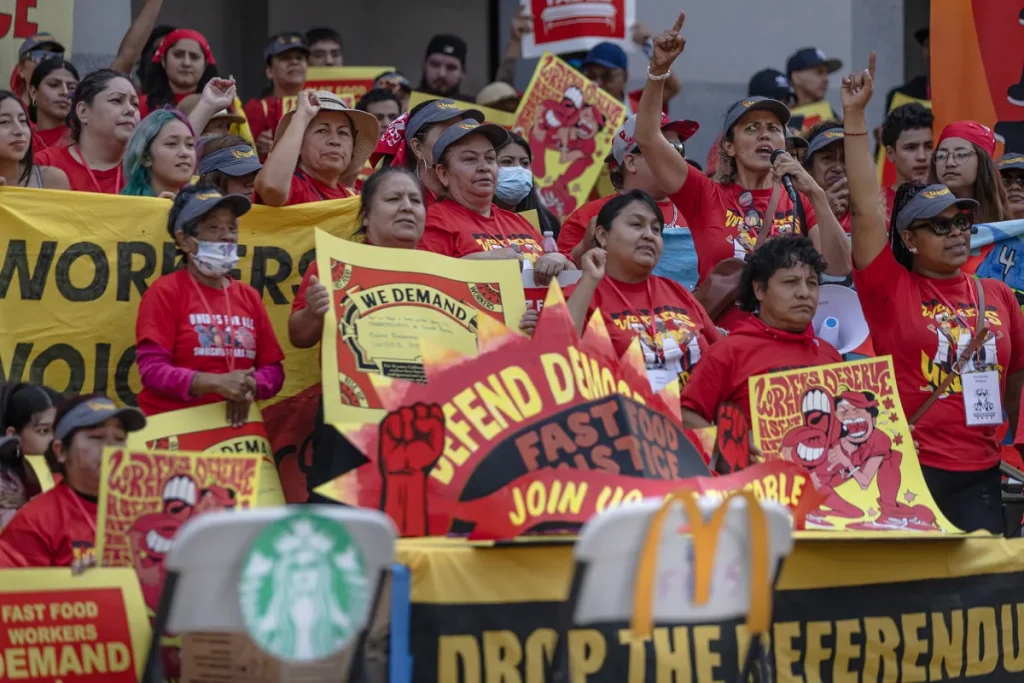
Some critics express concern that AB 1228 disproportionately benefits certain demographics, particularly Hispanic individuals who comprise a significant portion of fast-food workers in California. They suggest that this preference may be perceived as discriminatory and could exacerbate existing inequalities.
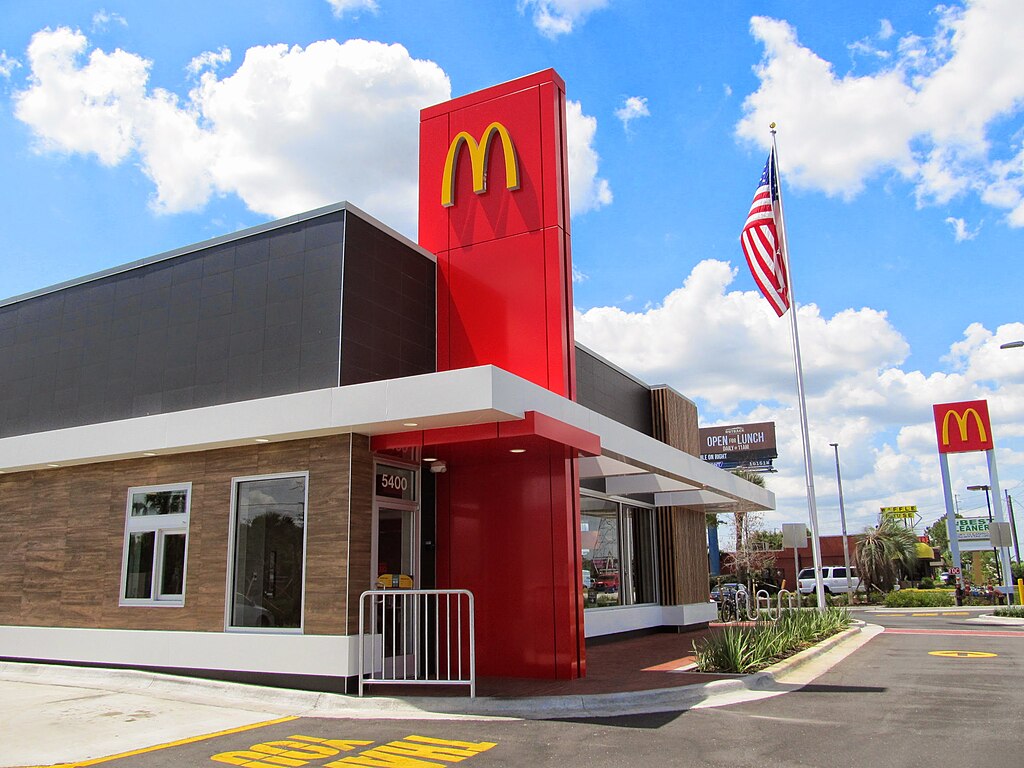
Economic projections indicate potential consequences of the minimum wage increase, with California consumers likely facing higher prices for fast-food products as businesses seek to offset rising labor costs. This could result in an estimated $4.16 billion annual increase in consumer spending on fast food.

Additionally, critics argue that the minimum wage increase unfairly targets fast-food employees while neglecting other sectors where workers earn the same wage but are not eligible for the higher rate. Inconsistencies in the application of the law, such as exemptions for certain businesses based on arbitrary criteria, have been highlighted.

Some propose legal action to challenge the constitutionality of AB 1228, suggesting that it violates the Equal Protection Clause by discriminating against certain individuals and businesses. They advocate for a temporary injunction to halt the implementation of the law until its legality can be thoroughly examined in court.
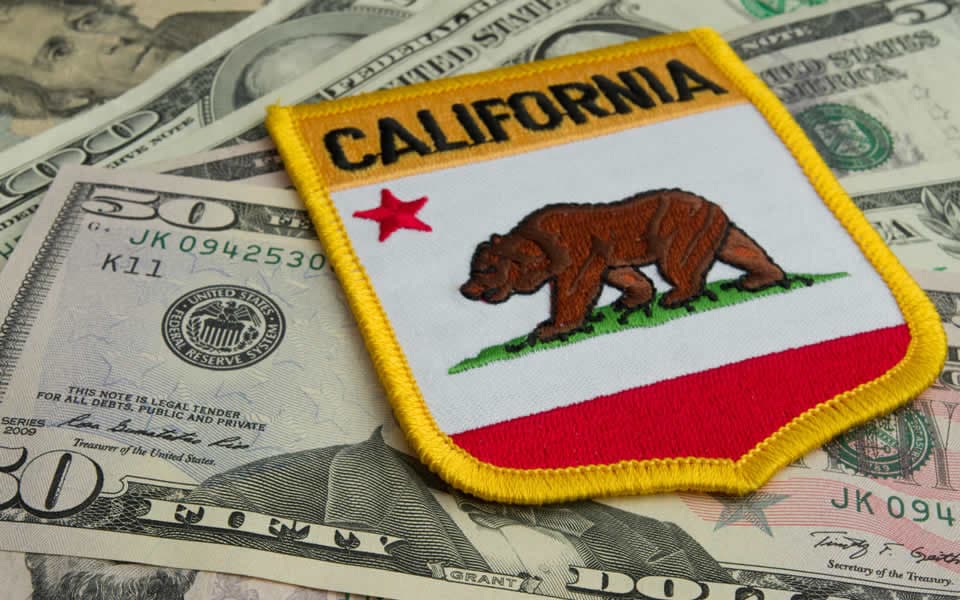
AB 1228 has raised various concerns and criticisms regarding its potential economic impact, perceived discrimination, and inconsistencies in application. Critics argue that the law unfairly targets certain businesses and individuals, prompting discussions about potential legal challenges.
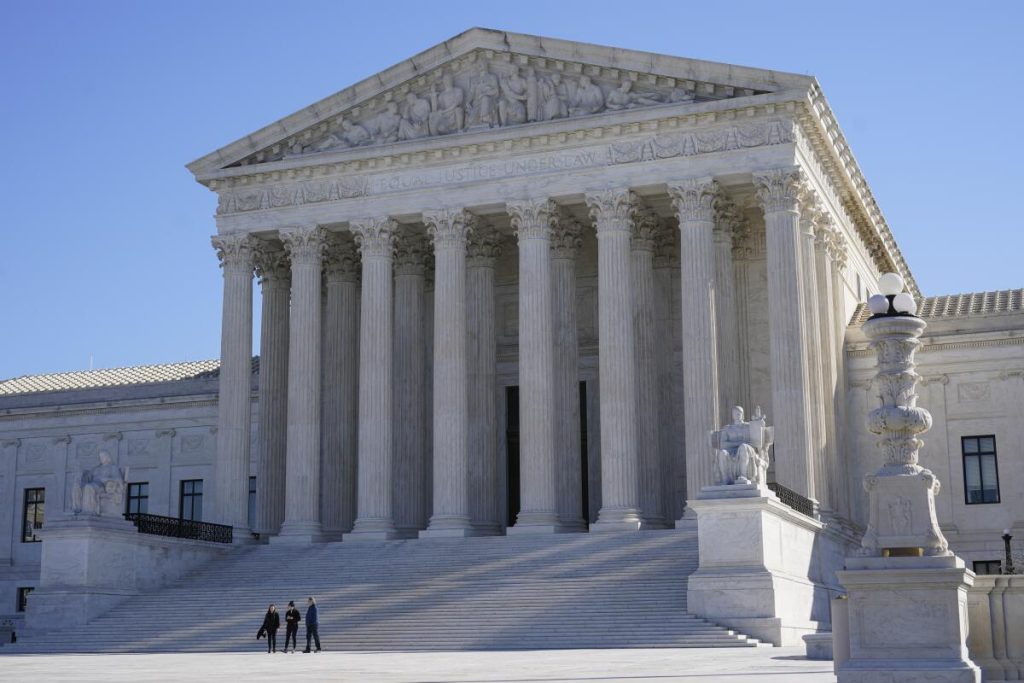
With the current conservative majority on the Supreme Court the chances of this law being being challenged and ultimately ruled unconstitutional are certainly higher than with previous courts. California may be dreaming they can arbitrarily set the minimum wage for certain individuals, the courts will ultimately decide the laws fate.





